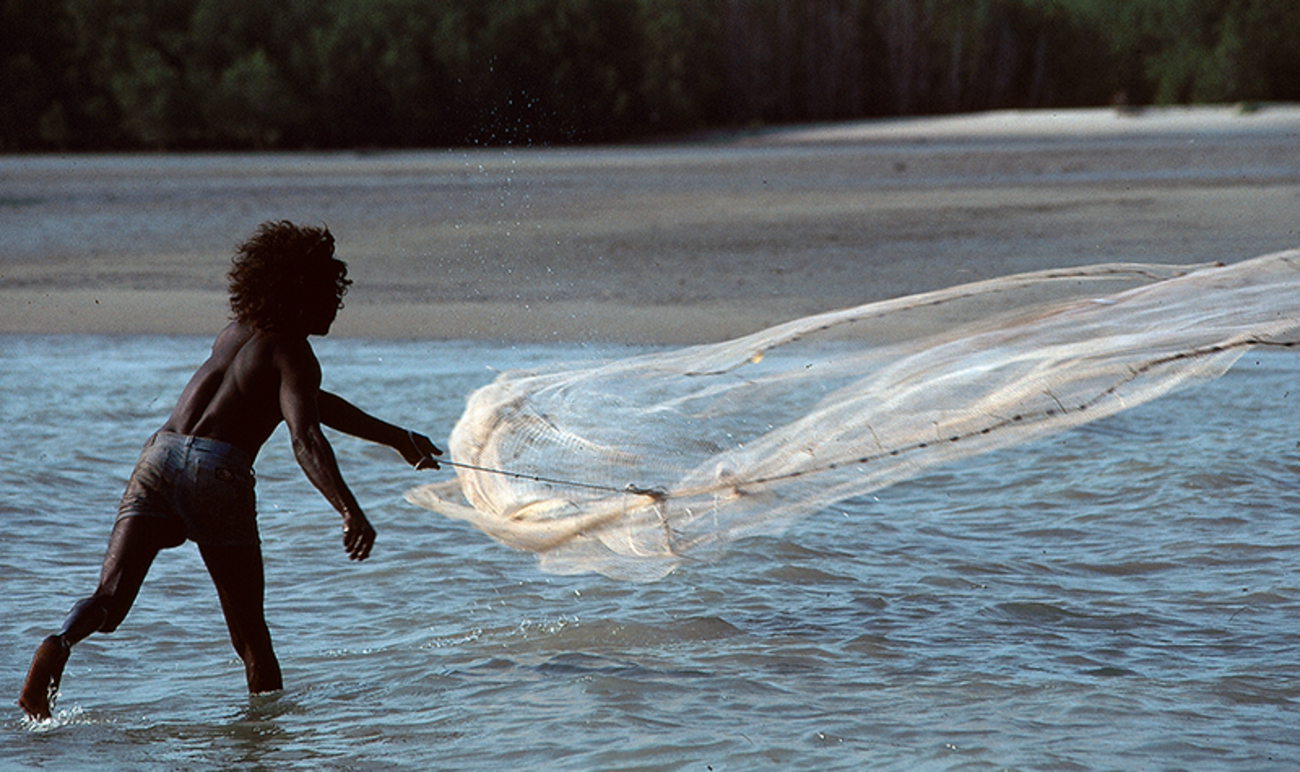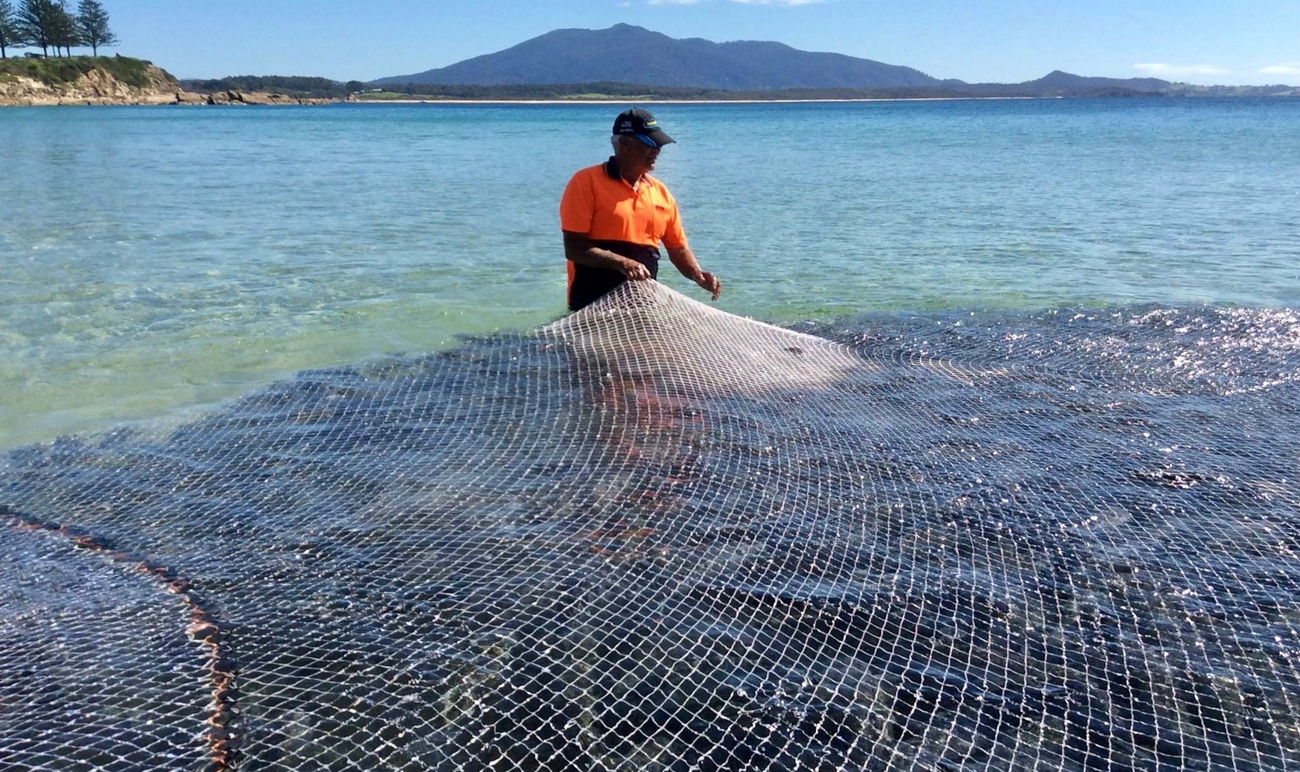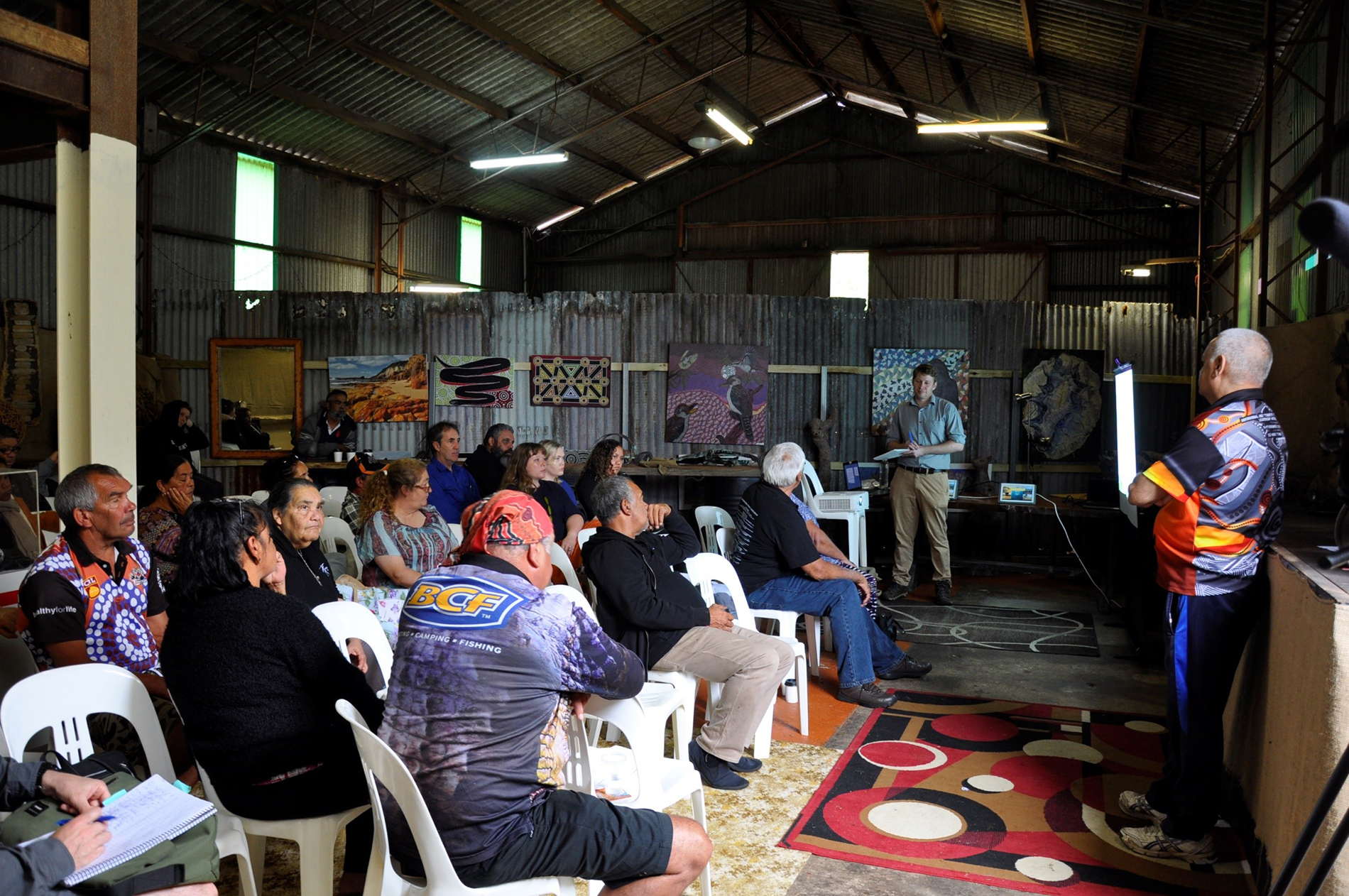Many Aboriginal and Torres Strait Islander peoples have looked after and been sustained by coastal waters for thousands of years, right up to the present day, developing a deep knowledge of, and connection with, their saltwater country. This means that there are a host of potential social, cultural, economic and health benefits which flow from allowing Indigenous fishers to provide for their communities, and to have a say in decisions that affect how their traditional resources are used.
In partnership with the NSW Aboriginal Fishing Rights group (NSW AFRG), the Crocodile Islands Rangers and the Milingimbi & Outstations Progress Resource Association from the Crocodile Islands, and the Far West Coast Aboriginal Corporation, this project has collected valuable information on the benefits that come from Indigenous people’s involvement in fishing and fisheries management.
AIATSIS is also working on an extension project with the NSW AFRG to conduct a sea country health check to support Traditional Owners to carry out their cultural obligations and duty of care to make sure that their sea country is healthy for future generations.
We invited South Coast Aboriginal people to complete a survey about their fishing and diving practices and changes to sea country that they have observed over time.
Wally Stewart from the NSW Aboriginal Fishing Rights Group (AFRG) talks about the sea country health check and the survey.
Resources
- Livelihood values of Indigenous customary fishing (PDF, 3047 KB)
- Report of a meeting with Indigenous cultural fishers on the south coast of NSW (PDF, 2205KB)
- Aboriginal fishing values of the south coast of NSW (PDF, 20473KB)
- Yolngu fishing values of the Crocodile Islands (PDF, 18098KB)
- Aboriginal fishing values of the far west coast of SA (PDF, 24308KB)
Project team
Dr Tran Tran
Stephanie Bloxsome
Levi Lee
Mia Stone
Lilli Ireland


